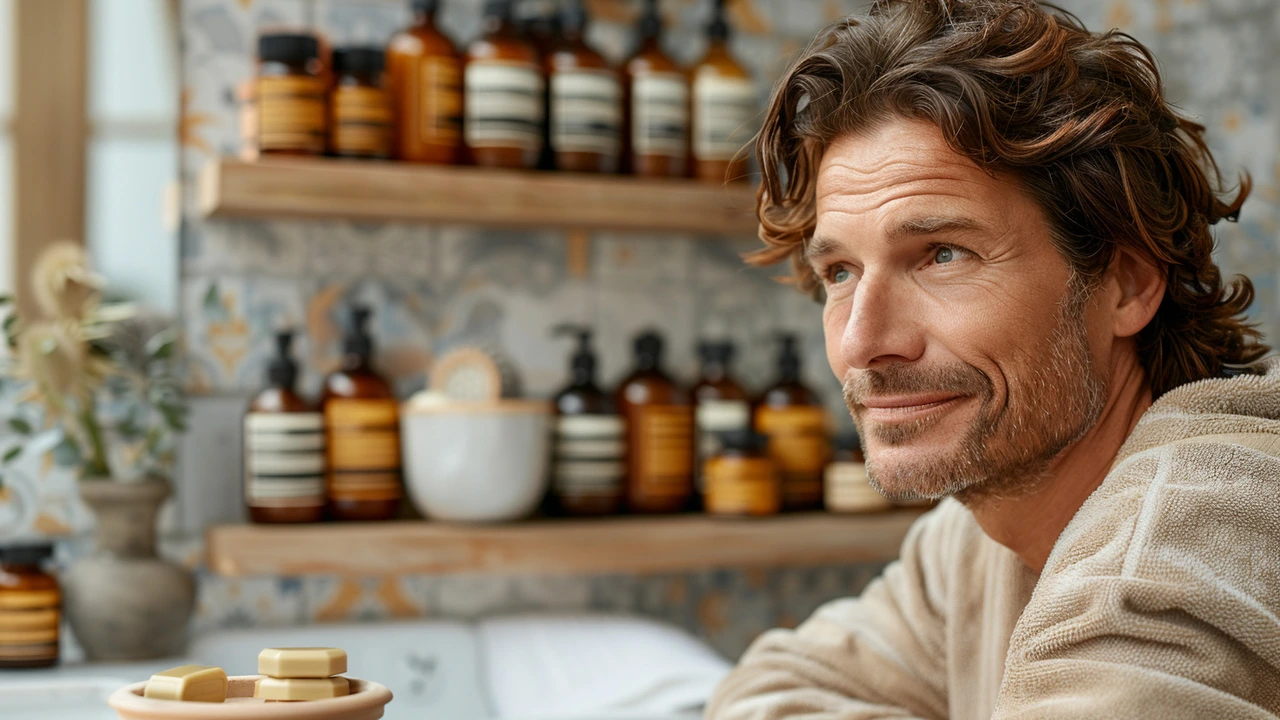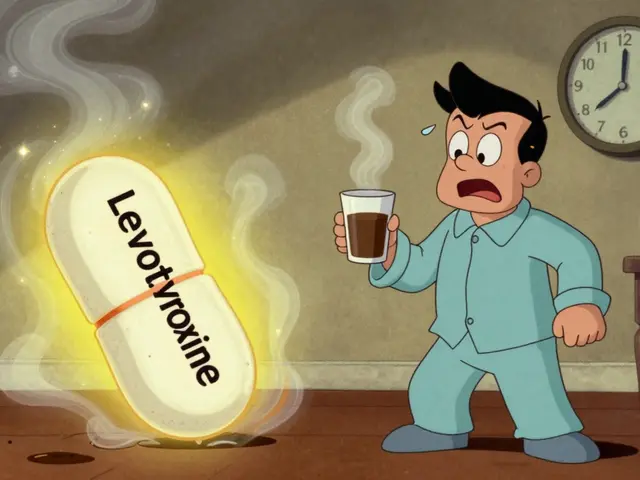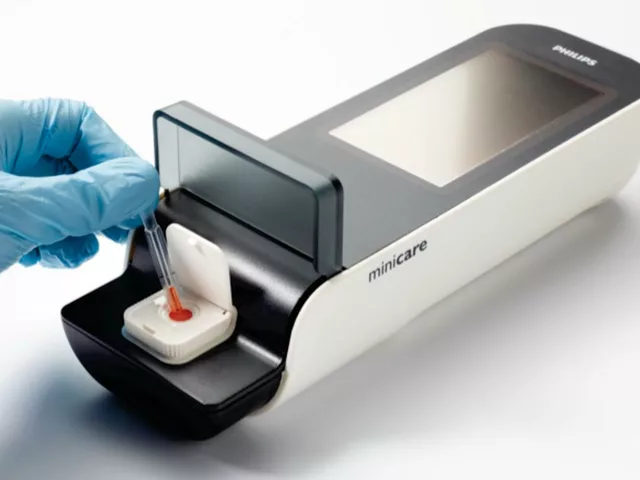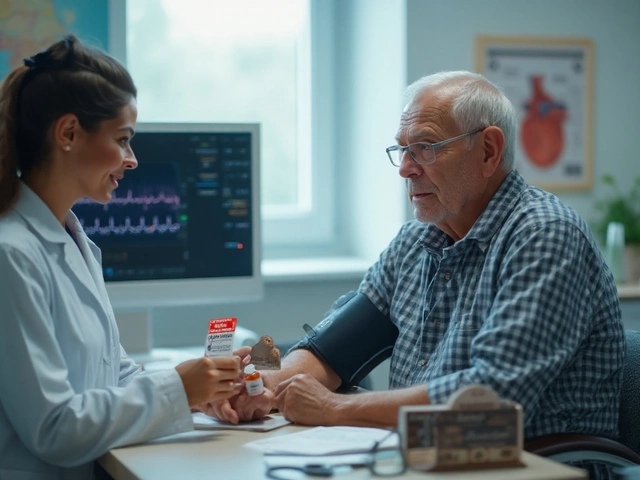Jock itch (tinea cruris): what it looks like and how to treat it
Jock itch is a fungal infection that shows up as an itchy, red or ring-shaped rash in the groin, inner thighs, or buttocks. It loves warm, moist places and often flares after sweating, tight clothes, or sharing towels. Most cases are mild and clear up with simple care, but knowing the right steps speeds recovery and keeps it from returning.
Common signs are itching, burning, flaky skin, and a clearly defined red edge around a less red center. The rash can spread from feet with athlete's foot or via contaminated towels and underwear. People who sweat a lot, wear synthetic tight clothing, or have diabetes notice it more often.
Treatment you can start today
Begin with an over-the-counter antifungal cream, spray, or powder. Look for clotrimazole, miconazole, terbinafine, or tolnaftate on the label. Apply to clean, dry skin once or twice daily and keep going for at least 1–2 weeks after symptoms disappear to be safe. For example, terbinafine cream often clears most cases in about 1–2 weeks when used correctly.
Keep the area dry between applications. Wash with mild soap, pat dry, and wear loose cotton underwear. Use a separate towel for the groin and wash it after each use. If you have athlete's foot, treat that at the same time—otherwise the fungus can bounce back and re-infect the groin.
If OTC treatment doesn't help after 2 weeks, the rash spreads, or the area becomes very painful or swollen, see a doctor. They might prescribe a stronger topical medicine or an oral antifungal like fluconazole or terbinafine for tougher infections. Your doctor will also check for other causes if it keeps coming back.
Practical prevention tips
Drying well after showers, changing out of sweaty clothes quickly, and choosing breathable cotton underwear cut the risk a lot. Use moisture-wicking shorts for workouts and wash sports gear often. Don’t share towels, socks, or underwear. In communal showers, wear sandals to avoid picking up fungi on the feet that can spread to the groin.
Consider a light antifungal powder in your underwear or on problem days to reduce moisture. Avoid strong skin creams and steroid creams unless a doctor tells you to use them—steroids can make fungal infections worse if used alone.
If jock itch keeps returning, ask your doctor about testing for diabetes or immune issues that make infections harder to beat. For households, wash bedding and towels in hot water if someone has a confirmed fungal infection.
Kids and athletes are not immune—teach proper hygiene: dry well, change clothes after exercise, and avoid sharing personal items. Most people get fully better within a few weeks with consistent care. Stick with the full course of treatment and simple prevention to keep things comfortable and stop it from coming back.





